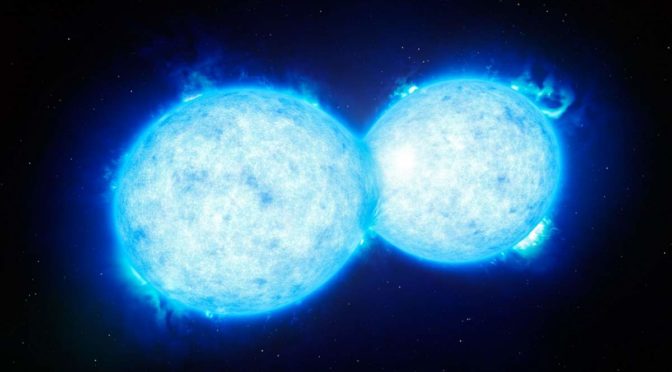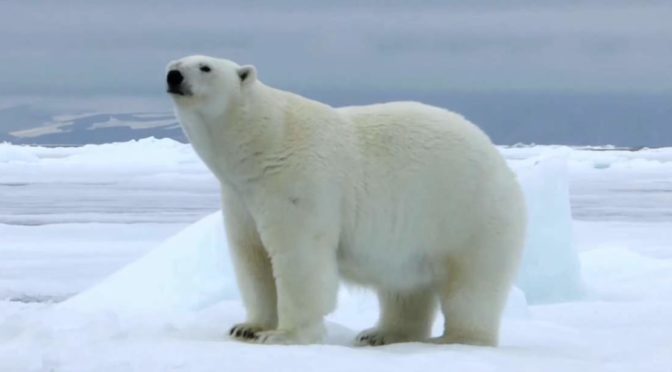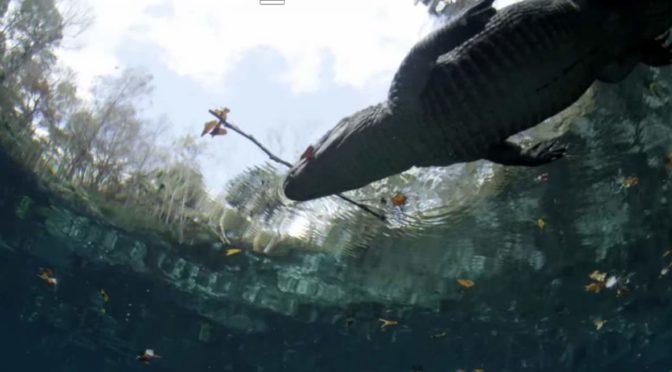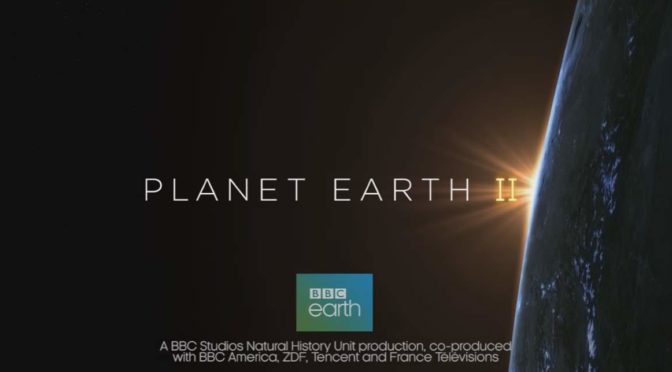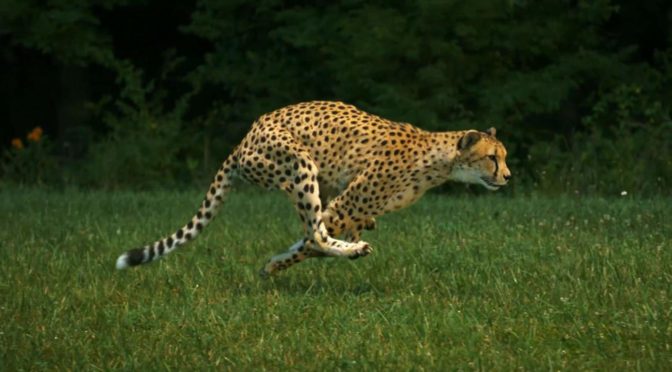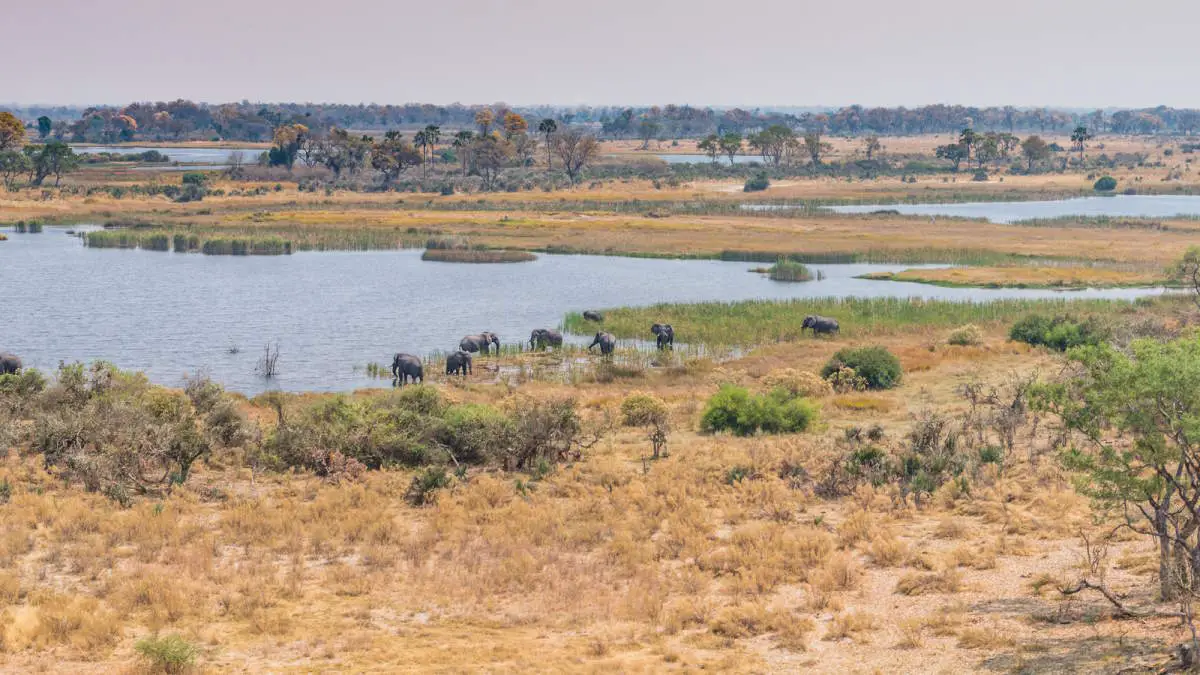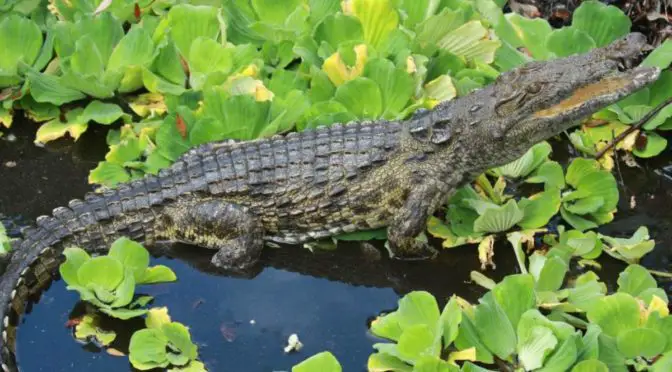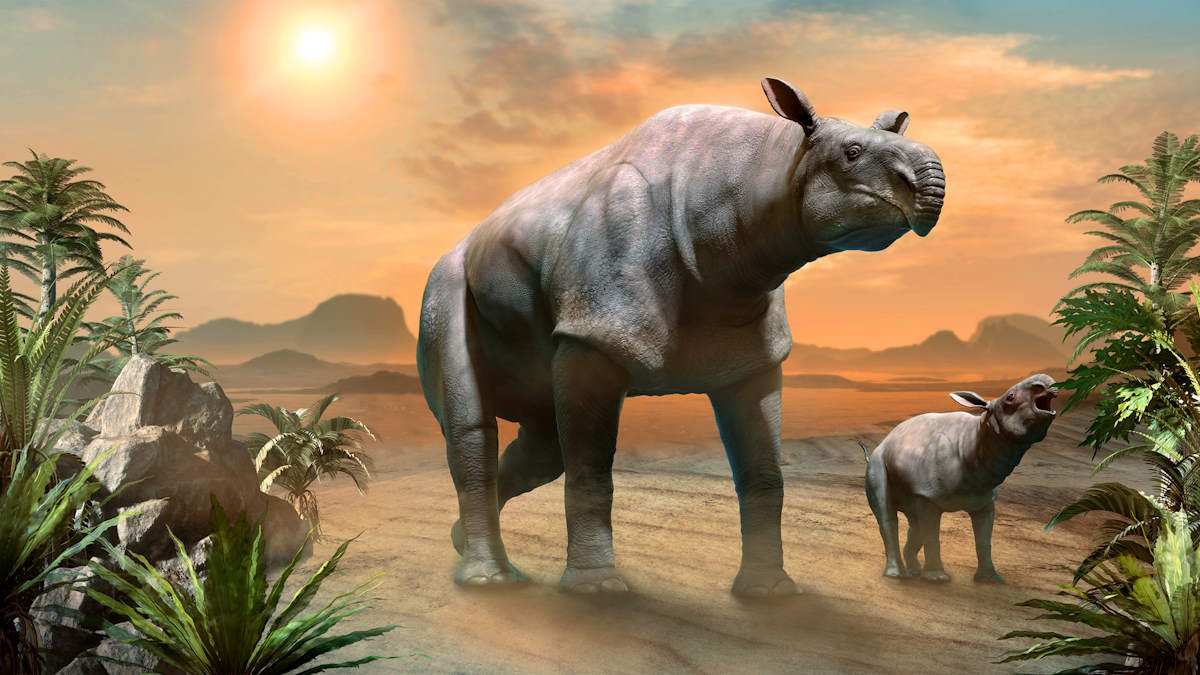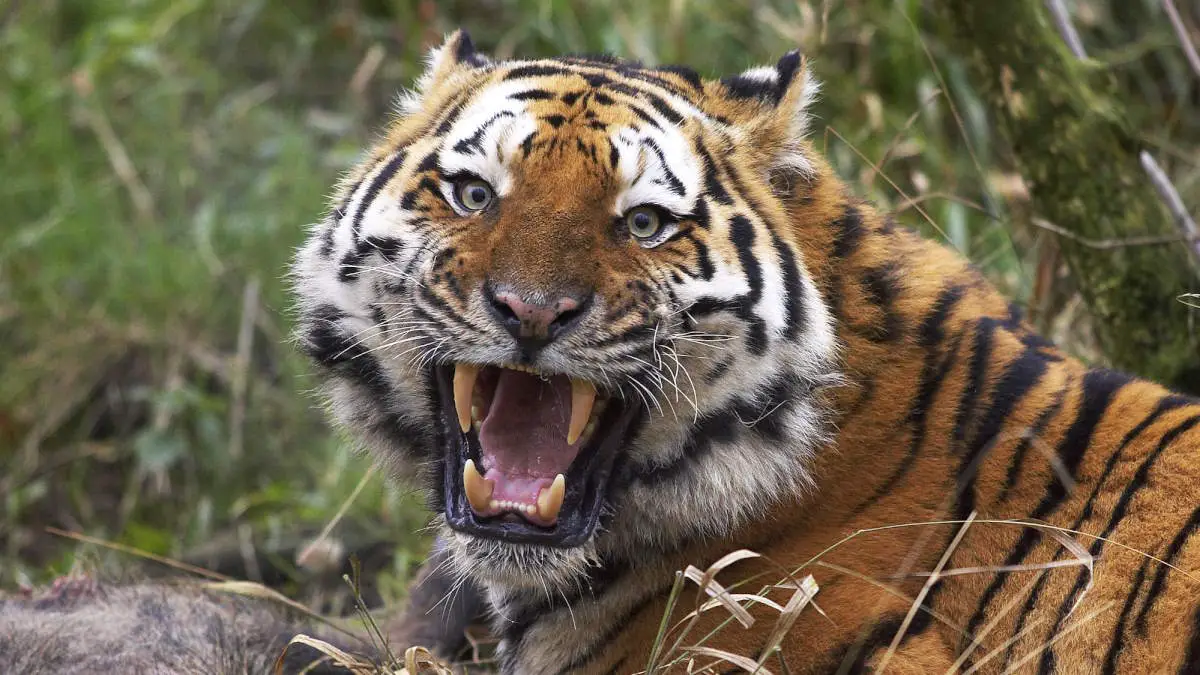Two stars may collide into a stunning “red nova” in 2022 (or a few months earlier, most probably between September 2021 and September 2022), and for a few weeks become one of the brightest objects in Earth’s night sky, scientists predict. When two stars merge, they increase in brightness 10 thousandfold.
